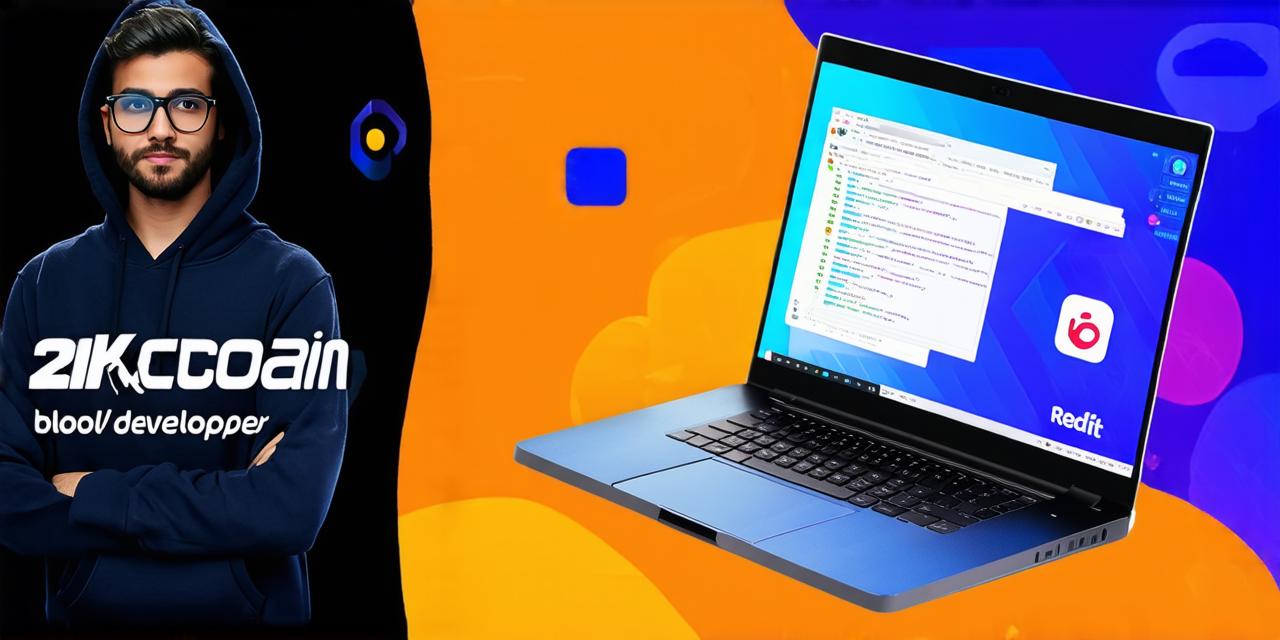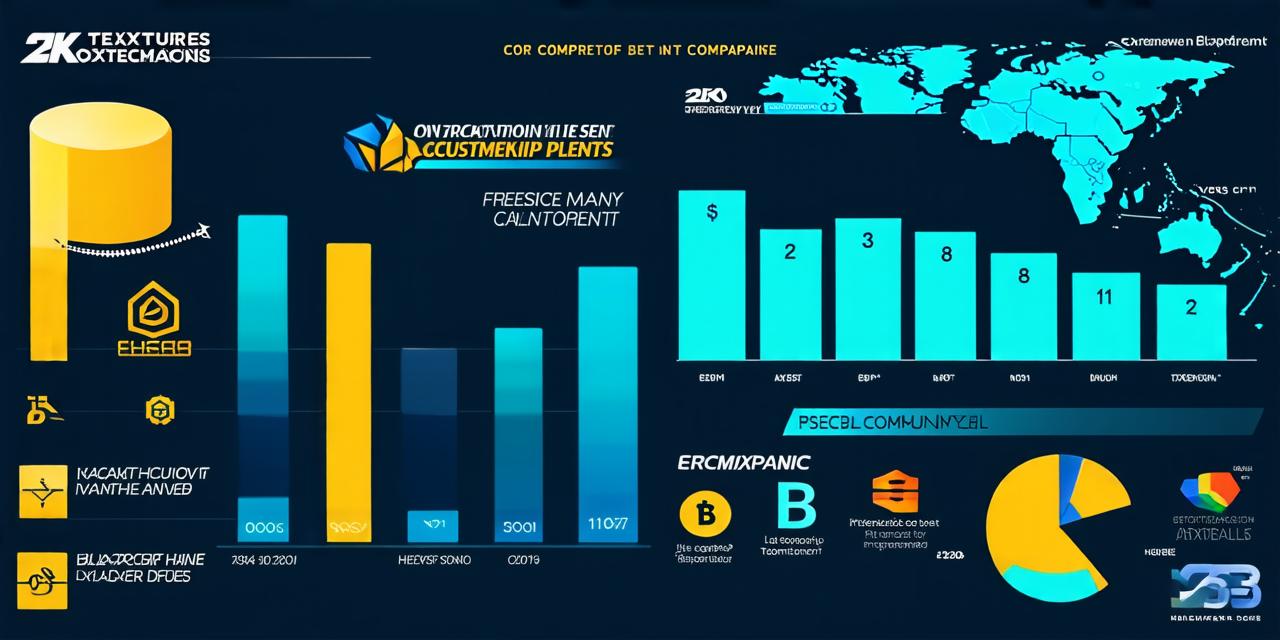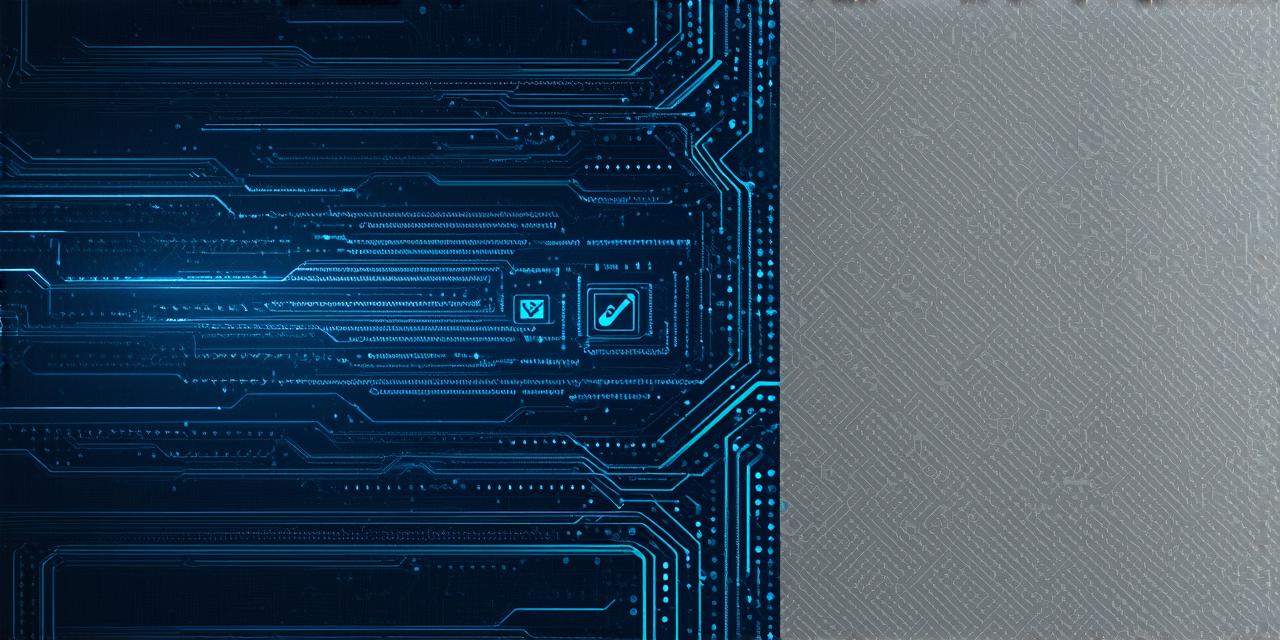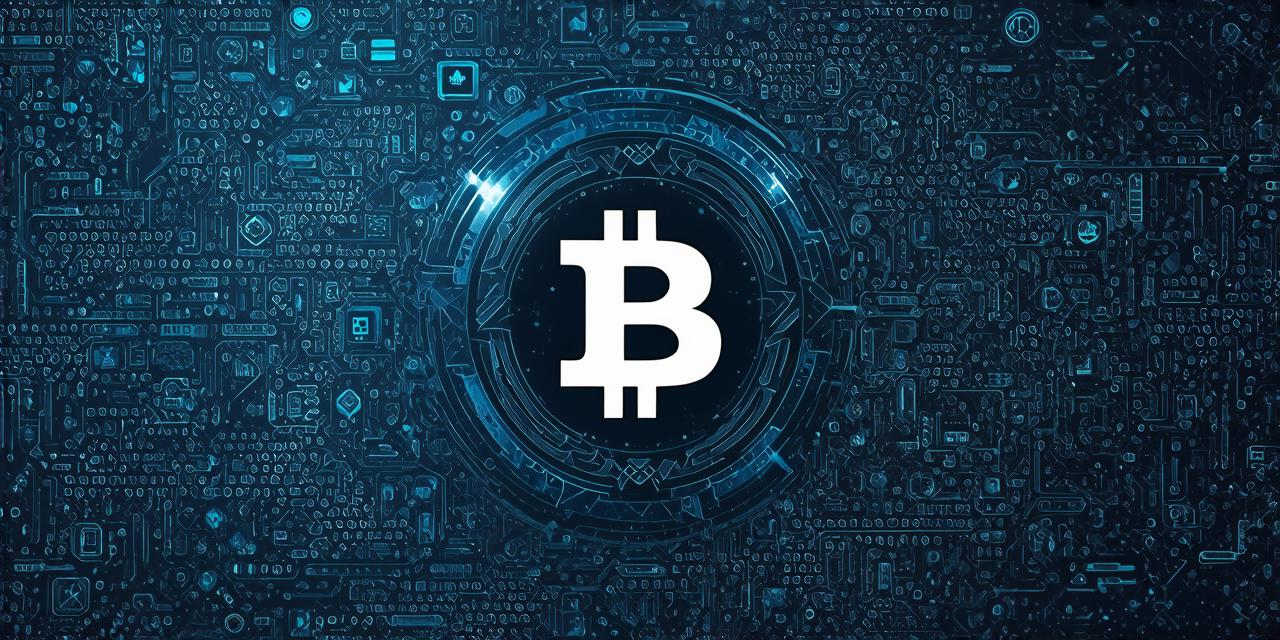Blockchain technology is revolutionizing the way we store and transfer data. It has already transformed industries such as finance, healthcare, and supply chain management. As the demand for blockchain developers continues to grow, it’s time to explore how you can become one of these highly sought-after professionals.
What is Blockchain Development?
Before we dive into the world of blockchain development, let’s first understand what it entails. Blockchain development involves designing, building, and maintaining decentralized applications (dApps) that run on blockchain technology. These dApps can be used for a wide range of purposes, including cryptocurrency trading, supply chain management, and identity verification.
Skills Required for Blockchain Development
Becoming a blockchain developer requires a combination of technical skills and soft skills. Here are some of the most important skills you’ll need:
- Programming Skills: You will need to have proficiency in one or more programming languages commonly used in blockchain development, such as Solidity (for Ethereum), Java/Kotlin (for Hyperledger), and Go (for Ethereum and other public chains).
- Cryptography: A strong understanding of cryptography concepts is crucial for building secure blockchain applications. You should have knowledge of hashing algorithms, digital signatures, and encryption protocols.
- Data Structures and Algorithms: Efficient data structures and algorithms are essential for building fast and scalable blockchain applications. You should be familiar with common data structures such as linked lists, trees, and graphs, and know how to optimize your code for performance.
- Distributed Systems: Blockchain technology is built on distributed systems, so you need to have a good understanding of how these systems work. You should be able to design and implement fault-tolerant and scalable distributed systems.
- Security Best Practices: Security is a top concern in blockchain development, as any vulnerability can lead to significant financial losses. You should be familiar with best practices for securing your code and protecting user data.
Becoming a Blockchain Developer: A Step-by-Step Guide
Now that we’ve covered the skills required for blockchain development, let’s explore how you can become a blockchain developer. Here’s a step-by-step guide to help you get started:
- Learn the basics of programming: Before diving into blockchain development, you need to have a solid foundation in programming. Start with a beginner-friendly programming language such as Python or JavaScript, and learn the basics of data structures, algorithms, and object-oriented programming.
- Explore blockchain technology: Once you have a basic understanding of programming, start learning about blockchain technology. There are many online resources available, including tutorials, blogs, and books. Start by learning about the basics of blockchain, such as how it works, its advantages and disadvantages, and common use cases.
- Choose a programming language: As mentioned earlier, there are several programming languages commonly used in blockchain development. Choose a language that aligns with your interests and skill level. Solidity is the most popular language for Ethereum development, while Java/Kotlin and Go are commonly used for Hyperledger and other public chains.
- Build projects: Building projects is a great way to gain hands-on experience in blockchain development. You can start with simple projects such as building a decentralized application (dApp) that interacts with the Ethereum network or a supply chain management system using Hyperledger.
- Contribute to open-source projects: Contributing to open-source projects is an excellent way to learn from experienced developers and gain exposure to real-world blockchain development. There are many open-source projects on platforms such as Github, Bitbucket, and GitLab that need contributions.
- Get certified: Getting a certification in blockchain development can help you validate your skills and demonstrate your knowledge to potential employers. There are several certifications available, including the Certified Blockchain Developer (CBD) by the International Association of Blockchain Developers (IABD) and the Ethereum Developer Exam by ConsenSys.
- Join a community: Joining a community of blockchain developers can help you stay up-to-date with the latest developments in the field, connect with other developers, and find job opportunities. There are many online communities such as Reddit’s r/ethereum and r/blockchaindev, Telegram groups, and meetups in various cities around the world.




